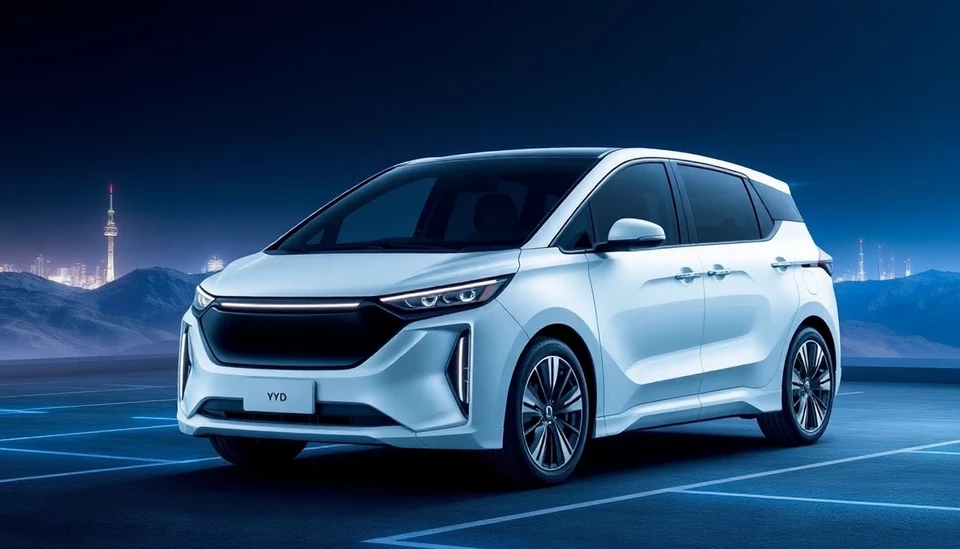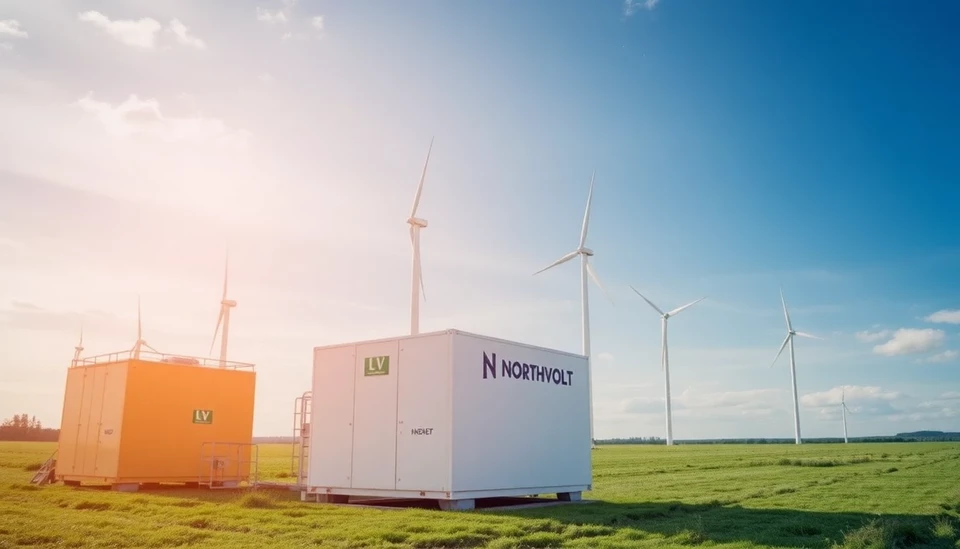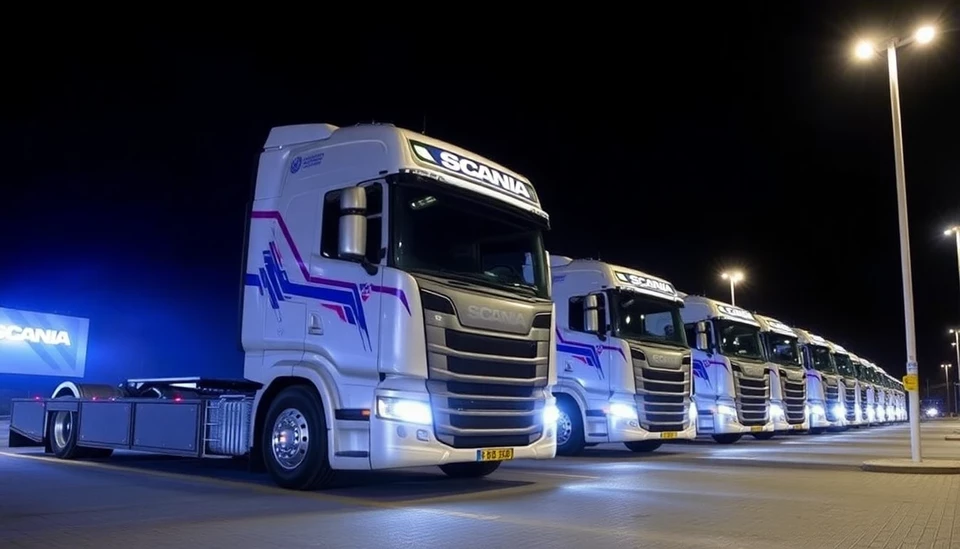
In a startling development for the European electric vehicle (EV) industry, Northvolt, a Swedish battery manufacturer, has declared bankruptcy following a series of operational setbacks and delays at its production plants. This unfortunate turn of events has intensified the competitive landscape, further strengthening the grip of Chinese battery giants BYD and CATL over the burgeoning EV market in Europe.
Originally hailed as a beacon of innovation and sustainability, Northvolt was positioned as a key player aimed at securing Europe's independence from Asian battery supplies. The company had ambitious plans to produce greener batteries through its European facilities, which were intended to fulfill the rising demand for EVs within the continent. However, significant operational challenges and delays in construction at key sites have hindered these plans, ultimately leading to its financial collapse.
The bankruptcy comes at a critical moment for the EV sector in Europe, which is pushing to meet aggressive climate targets. Northvolt’s challenges reflect broader issues in the industry, such as tightening supply chains and the ongoing competition with established Asian manufacturers. With Northvolt struggling, BYD and CATL are poised to capture a larger market share, allowing them to dominate supply chains and maintain pricing power in a sector that is crucial for the global transition to sustainable energy.
The implications of Northvolt's bankruptcy extend beyond mere competition; they pose questions about the future of battery manufacturing in Europe. Concerns over strategic energy autonomy have risen, as reliance on foreign suppliers deepens. This situation has fueled discussions among European policymakers about the necessity of boosting local battery manufacturing capabilities to mitigate dependence on Asian companies that have shown resilience and scalability.
Additionally, Northvolt's financial woes are likely to have a ripple effect on the investment landscape for EV-related firms across Europe. Investors may become more cautious, scrutinizing how companies manage operational challenges in a landscape that is still maturing. The outlook for new entrants in battery manufacturing may dim, leading to a potential slowdown in innovation and competition within the sector.
This recent disruption serves as a reminder of the volatility present in the EV market and the dependencies that exist within global supply chains. While BYD and CATL capitalize on this moment to expand their influence, major stakeholders in the European market will need to adapt and strategize to mitigate risks, enhance local production capabilities, and ensure alignment with environmental goals.
As EU nations strive to increase EV adoption levels and meet carbon reduction targets, the need for a resilient and competitive battery manufacturing ecosystem becomes ever more critical. The fallout from Northvolt’s challenges may prompt renewed efforts to foster collaboration among European firms and tighten regulations that could protect and encourage local industry development.
In conclusion, the bankruptcy of Northvolt exemplifies the precarious nature of the evolving EV landscape and illustrates the potential repercussions that inadequate support for local production and strategic planning can have on an industry at the cusp of growth. As control shifts towards entrenched players such as BYD and CATL, Europe’s path toward a self-sufficient and sustainable energy future remains riddled with hurdles that must be strategically navigated.
#Northvolt #EVmarket #BYD #CATL #BatteryManufacturing #ElectricVehicles #Europe #Sustainability #Bankruptcy #GreenEnergy
Author: Victoria Adams




